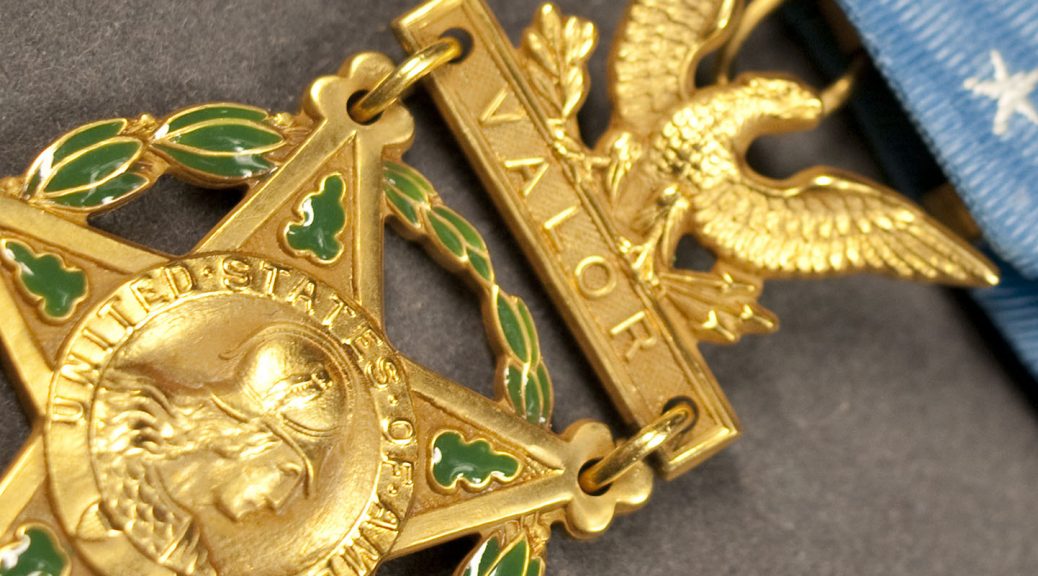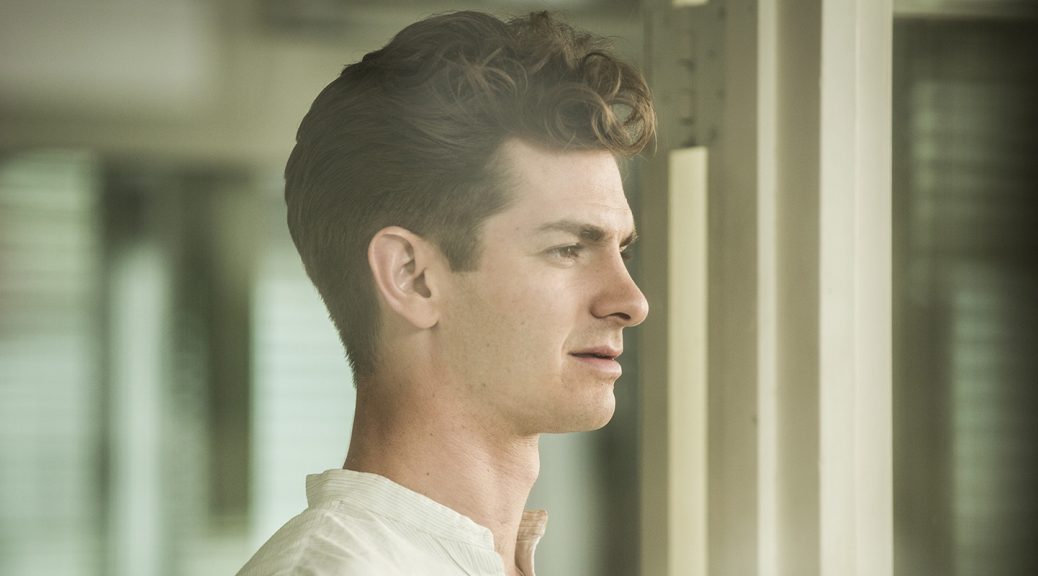
For his heroic actions on the battlefield, this conscientious objector received the US Army’s highest honour.
By Natalia Grobler.
Following the battle at Okinawa, Doss was promoted to Corporal. His commanding officer claimed that on 29 April, 1945, Doss had in fact saved 100 lives. But Doss, ever humble, clarified this estimating the number at 50.
On 12 October, 1945, President Harry Truman presented Corporal Desmond Doss with the nation’s highest award, a Congressional Medal of Honor. “I’m proud of you,” Truman said. “You really deserve this. I consider this a greater honor than being president.”
Doss was the first conscientious objector to ever receive the medal. It was issued in acknowledgement of his “outstanding bravery and unflinching determination in the face of desperately dangerous conditions…” At the ceremony Doss publicly thanked God for giving him the opportunity to save the lives of the men he had served.
Doss was awarded many other medals, including two bronze stars for valor. Parades were held in his honour, highways in the United States were named after him, a guesthouse at a Medical Centre in Washington D.C. bears his name, as does a Christian Academy in Virginia. A monument of him stands in the Tennessee Veterans Memorial Park. In 2004, a documentary was made about him entitled The Conscientious Objector. And, more recently, Mel Gibson, acclaimed film director, has produced the film Hacksaw Ridge based on his story.
Doss was a corporal who never killed another human being, whose only weapon was his Bible and his faith in God. He was a man whose courage saved many lives and whose contribution to the war was immeasurable. While he was the recipient of many accolades — the accolades themselves were never important. What was important was remaining true to his deep inner convictions — convictions God had placed on him as a young boy growing up.
Image courtesy of Desmond Doss Council.
